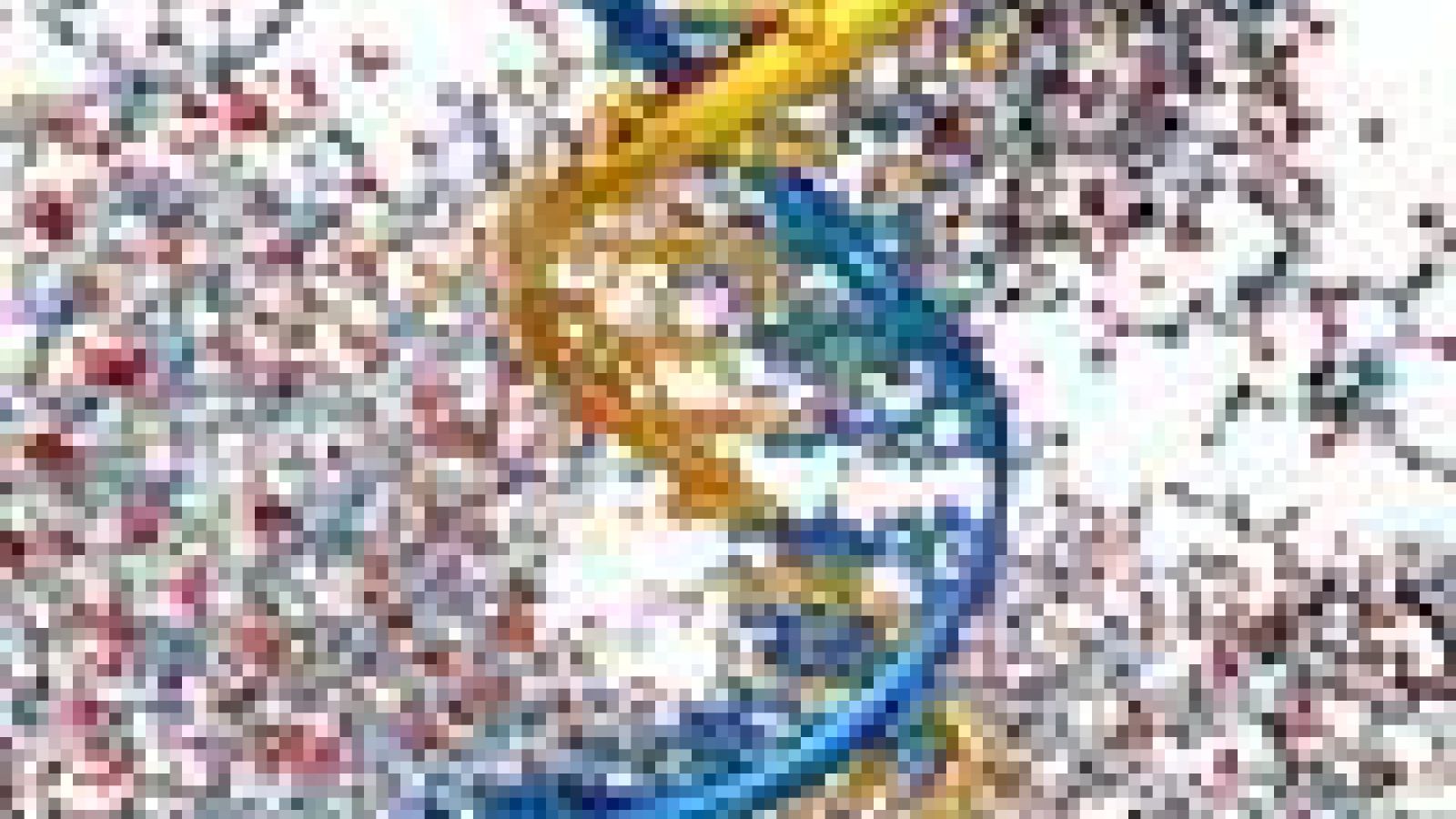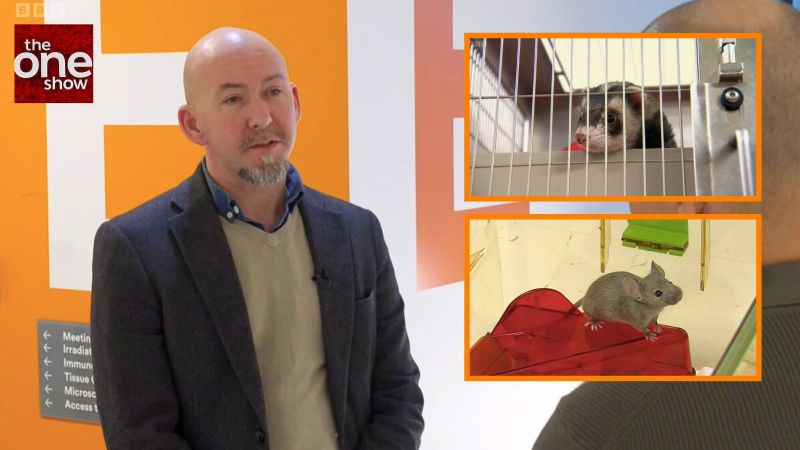
Text to go here...
 A study on mice suggests that cell suicide may encourage tumours to grow instead of destroying them.
A study on mice suggests that cell suicide may encourage tumours to grow instead of destroying them.
Damaged DNA causes cell death – a process triggered by the protein PUMA. Previous studies had shown that another protein, p53, activates PUMA. It was thought that mice with mutated p53 developed tumours and PUMA was subsequently triggered to induce cell death in an attempt to control the damage.
However, the new study suggests PUMA may not be as beneficial as once thought. Scientists studied genetically modified mice without the protein and exposed them to high doses of radiation. Without PUMA, it was predicted that cell death would not occur and tumour growth would expand at a faster rate causing the mice to succumb to cancer sooner. Yet the results showed the opposite, with mice lacking PUMA faring far better.
The team suggests this may be due to cell death clearing the way for more damaged cells to grow. Stem cells, which may have sustained some damage from earlier radiation, are forced to rapidly fill the areas where injured cells have died, creating an area of potentially cancerous cells.
Researchers stress that the results are not applicable to humans and are useful for only a small subset of cancers. Still, the study raises questions about current anti-cancer medicines designed to mimic PUMA.
Last edited: 11 January 2022 09:54



